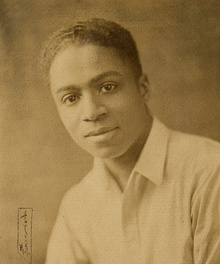A Quote by Bettany Hughes
Ancient Egyptian women had rights under the law. They could own land. Many were literate.
Related Quotes
For many years now, I have been an outspoken supporter of civil and human rights for gay and lesbian people. Gays and lesbians stood up for civil rights in Montgomery, Selma, in Albany, Ga. and St. Augustine, Fla., and many other campaigns of the Civil Rights Movement. Many of these courageous men and women were fighting for my freedom at a time when they could find few voices for their own, and I salute their contributions.
What we require is not a formal return to tradition and religion, but a rereading, a reinterpretation, of our history that can illuminate the present and pave the way to a better future. For example, if we delve more deeply into ancient Egyptian and African civilisations we will discover the humanistic elements that were prevalent in many areas of life. Women enjoyed a high status and rights, which they later lost when class patriarchal society became the prevalent social system.
Viking women, if they were left behind, were ruling their town. They were earls in their own right; they owned land in their own right. They could divorce their husbands if they wanted to. All of those wonderful allowances that were made for women in the Viking culture weren't really part of the Christian culture at the time.
US law and international human rights law have radically diverged in the past years in terms of the recognition of indigenous people's rights. International human rights law now looks at not whether or not the tribes have formal ownership or legal title in a Western legal conception might have it, but rather they look at the tribe's historical connection to that land.
And that law of the land which is constitutional, supporting that principle of freedom in maintaining rights and privileges, belongs to all mankind, and is justifiable before me. Therefore, I, the Lord, justify you, and your brethren of my church, in befriending that law which is the constitutional law of the land.
Even into the 20th century, women were still struggling in the Western world for rights that Islam had granted women in the 7th century: equal rights to education; the right to own and inherit property; to have a voice in the decisions affecting their lives; to be active, engaged, and valued members of society at all levels.
Beaumont specifically pointed out that the cultural elements and idioms regarded as "Egyptian" could not have originated in the land of the Nile. This single fact is inviolate and cannot be denied. It is obvious to those who have taken the time to study the subject, that the Egyptian civilization was transplanted by Western adepts and elders.































